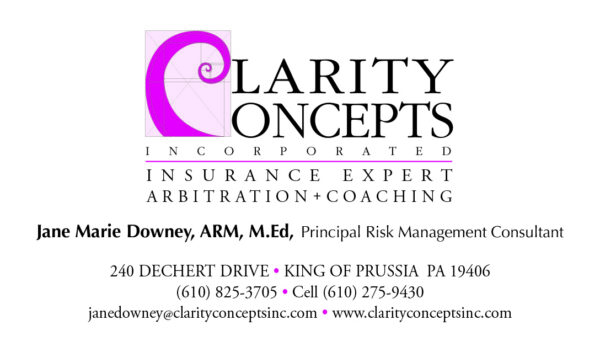Results For Articles or Consultants
Coverage - Claim Disputes - P&C
When insurers receive a claim or suit from an insured or third party, they must first make sure that subsequent actions by all parties are in accordance with the conditions required by the policy and applicable laws and regulations. Violating such conditions and guidelines can lead to unintended consequences. For example, courts could refuse to uphold claims denials and possibly recognize bad faith suits, instead. Or an insurance department could find that the insurer broke a law and subsequently impose regulatory penalties. This article discusses how to avoid such outcomes by discussing important, but basic, dos and don’ts, illustrated through real-life examples.
As an experienced insurance expert witness, Daniel works with attorneys on agent/insurance company standard of care and bad faith. He can analyze coverages and claim handling. He works with both plaintiffs and defendants on cases he believes in. Daniel has 40 years of experience as a practicing insurance agent / professional and almost 20 years…
Steve is a 30+ year veteran of property and casualty insurance claims. He holds the CPCU and AIC designations and is Past President (2006) of the National Society of Professional Insurance Investigators (NSPII). Over the course of his carrier career, Steve worked as a direct claim handler, manager, litigation examiner, senior claim specialist and director…
“An insurer’s knee-jerk denial letter cannot be saved from triggering the penalties [of bad faith] merely because the insurer’s lawyer is able to construct a post-hoc justification for denying coverage. “[I]nsurers that unreasonably delay the evaluation of the insureds’ claims [can be found liable for bad faith], even if the insurer’s ultimate assessment of the claim proves to be correct ‘”Holding otherwise could potentially result in insurers taking the gamble that a denial based on a cursory review will be rescued by a clever trial lawyer.”




